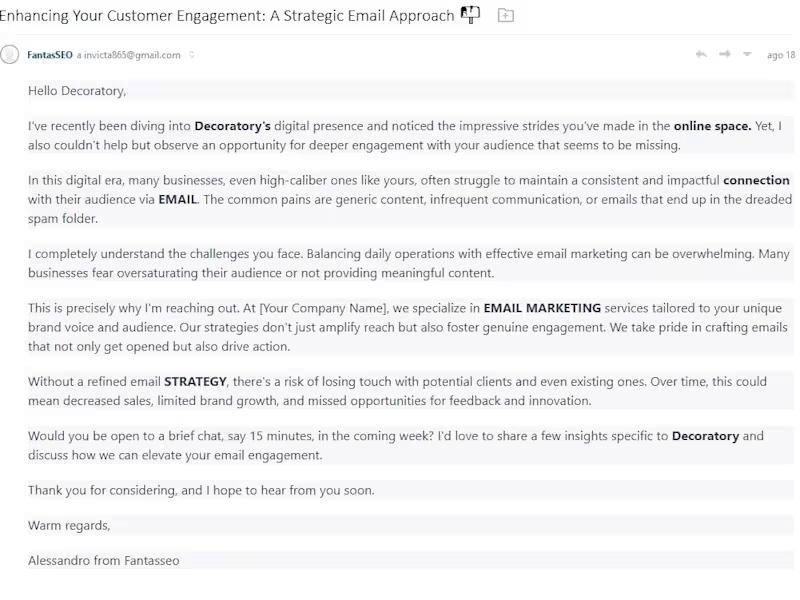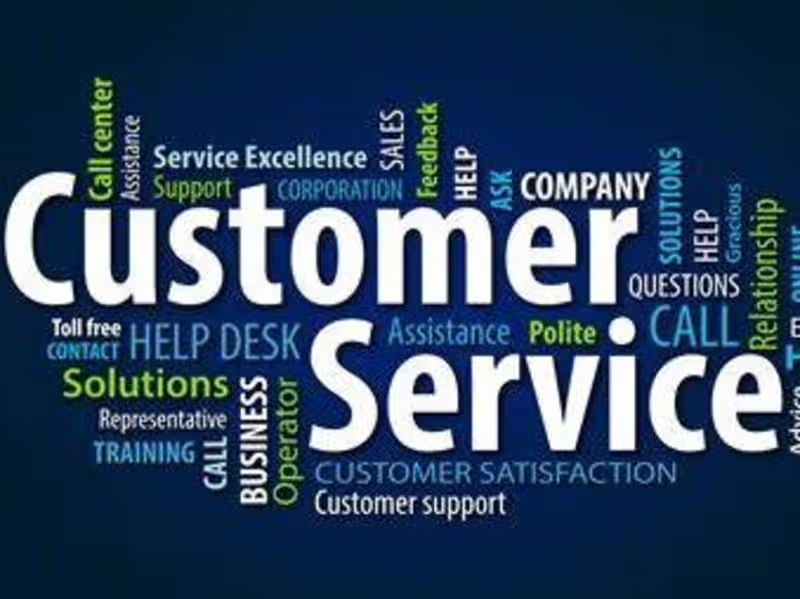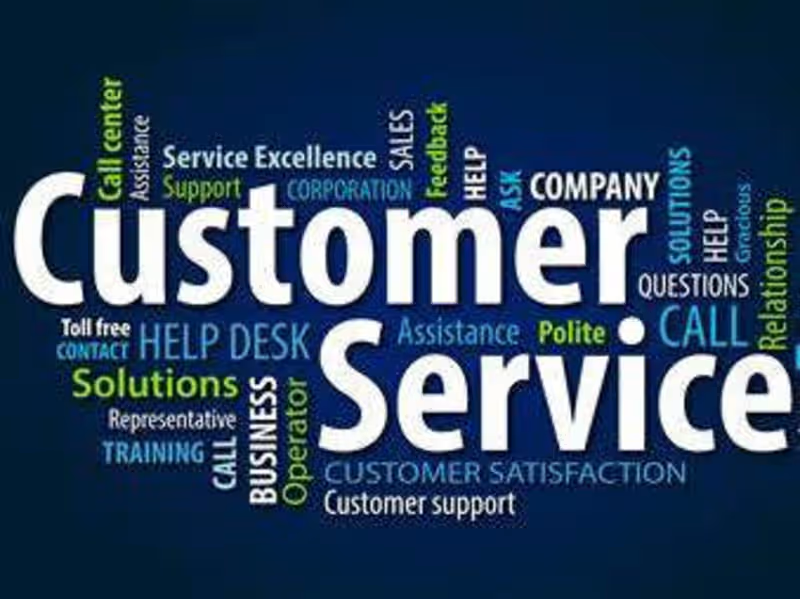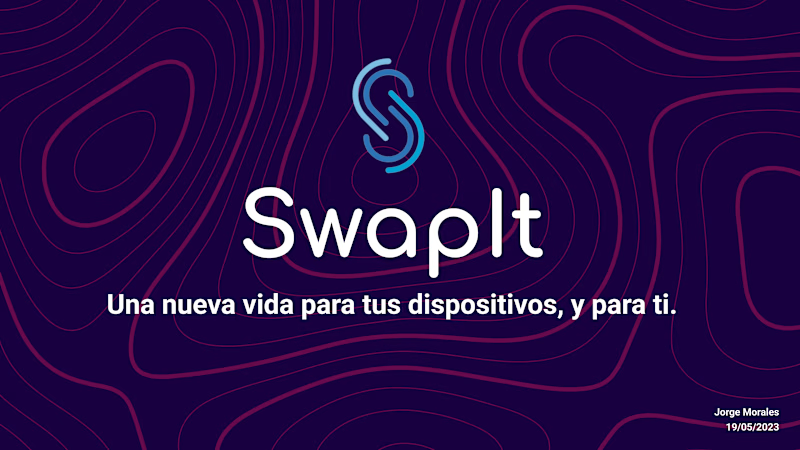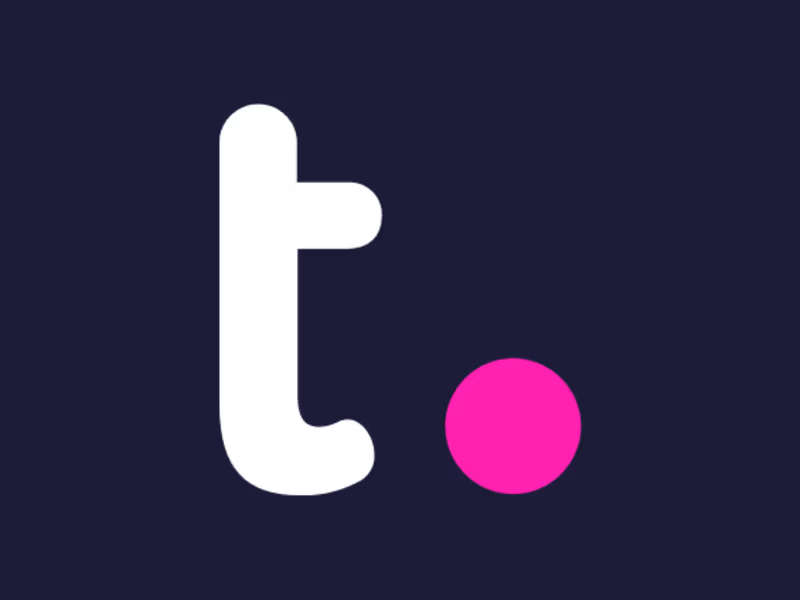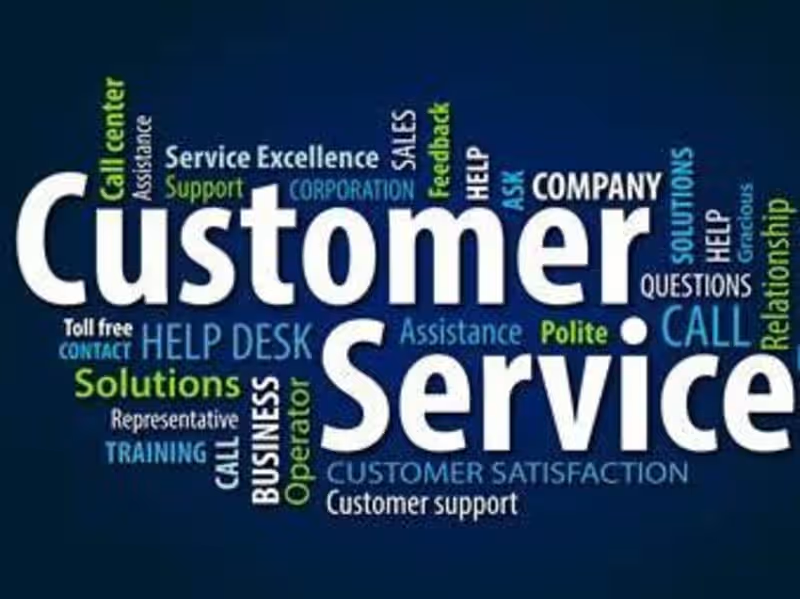What should I consider when setting the project's sales goals?
Think about what success looks like for your project. Make sure you have clear sales targets that fit your business needs. Talk to your sales manager about how to track and reach these goals.
How should I prepare for the onboarding process?
Have a plan to introduce the sales manager to your team and tools. Share important information about your business and products. Make sure they understand your company culture and sales processes.
What factors should I think about when agreeing on deliverables?
Discuss what the sales manager is expected to achieve by specific dates. Agree on key performance indicators (KPIs) that measure success. Ensure deliverables are realistic and well-defined.
How do I ensure good communication with the sales manager?
Set up regular check-ins to discuss progress and challenges. Use project management tools that everyone can access. Make sure there’s a clear way for them to ask questions or seek help.
How can I support the sales manager in understanding our market?
Provide them with market research and customer insights. Share past sales reports and strategies. Encourage them to ask questions and provide feedback as they learn more.
What should be included in a clear project timeline?
List all major milestones and deadlines. Include time for revisions and unexpected changes. Share the timeline with the sales manager so you are both on the same page.
How can I make sure the sales manager has all necessary resources?
Provide access to CRM systems, product information, and marketing materials. Ensure they have contacts of team members to collaborate with. Check regularly if they need any additional tools or resources.
What is the best way to review progress effectively?
Set up regular review meetings to compare actual results with sales targets. Use these meetings to discuss any challenges and make necessary changes. Give constructive feedback and celebrate successes together.
How can I establish a positive working relationship from the start?
Start by building trust and showing respect. Be open to their ideas and expertise. Encourage an environment where they feel valued and motivated to do their best.
Who is Contra for?
Contra is designed for both freelancers (referred to as "independents") and clients. Freelancers can showcase their work, connect with clients, and manage projects commission-free. Clients can discover and hire top freelance talent for their projects.
What is the vision of Contra?
Contra aims to revolutionize the world of work by providing an all-in-one platform that empowers freelancers and clients to connect and collaborate seamlessly, eliminating traditional barriers and commission fees.





































